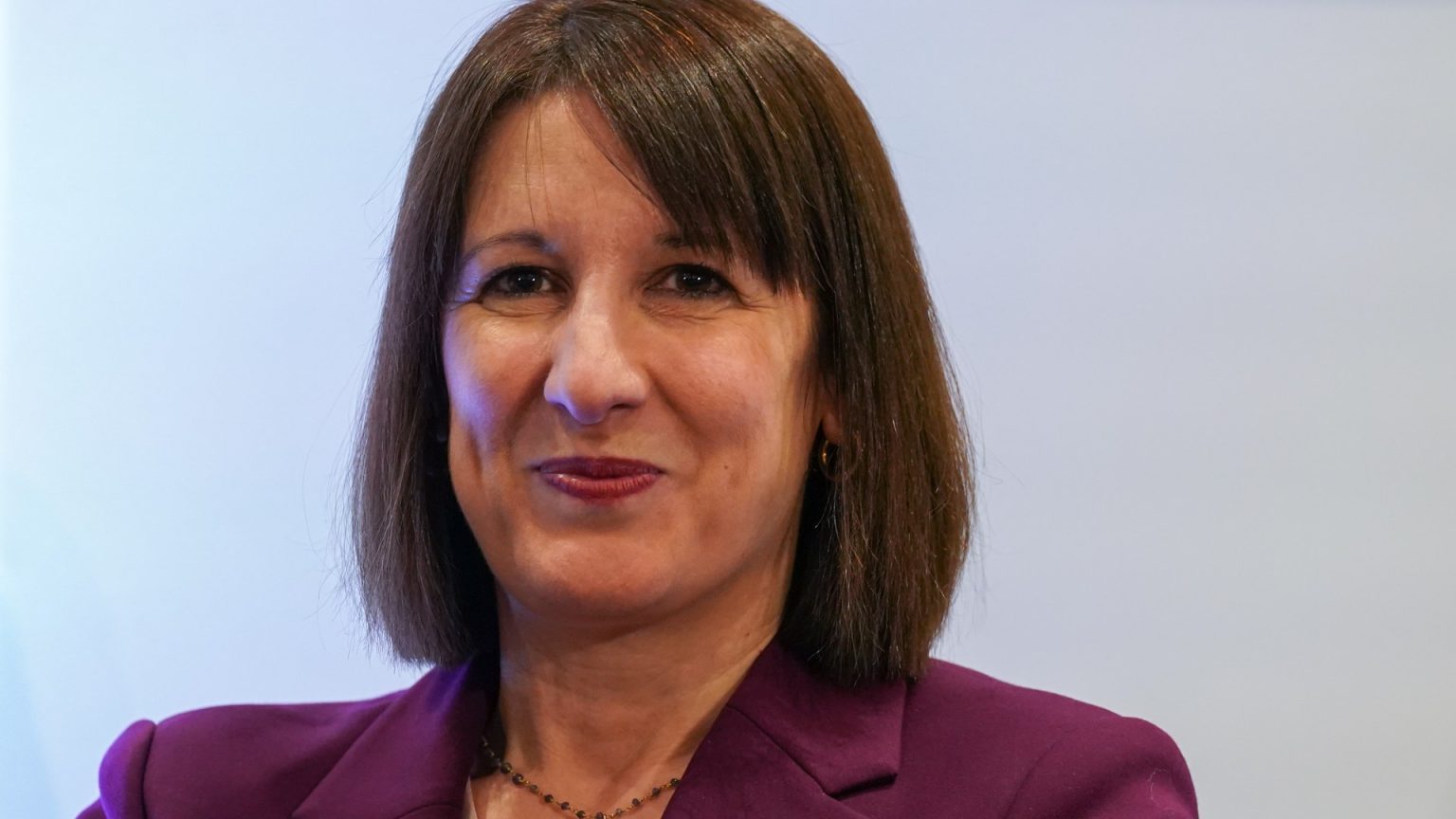Rachel Reeves, the UK’s Chancellor of the Exchequer, is embarking on a mission to reset the UK’s relationship with the European Union, emphasizing a “businesslike” approach focused on mutual benefit and shared goals. Her visit to Brussels marks the first time a UK Chancellor has attended EU finance ministers’ talks since Brexit, signaling a significant shift in the UK’s posture towards the bloc. Reeves aims to move beyond the often-fraught post-Brexit dynamic, criticizing the previous Conservative government’s handling of the relationship as one of “division and chaos,” and asserting that this past discord “will not define us.” She envisions a future built on “trust, mutual respect, and pragmatism,” emphasizing collaboration on critical issues like trade, global security, and economic prosperity.
Reeves’s call for a “businesslike” relationship underscores a desire to prioritize practical cooperation over ideological disagreements. She intends to move away from the often-acrimonious debates that characterized the post-Brexit period, focusing instead on identifying common ground and pursuing mutually beneficial outcomes. This pragmatic approach acknowledges the economic and geopolitical realities of the UK’s proximity to the EU and the interconnectedness of their economies. By stressing the importance of “trust” and “mutual respect,” Reeves aims to rebuild bridges and establish a more stable and productive working relationship with European counterparts.
The Chancellor’s agenda in Brussels centers around three key areas: boosting trade, tackling shared global challenges, and strengthening economic links. Recognizing the importance of seamless trade for both the UK and the EU, Reeves is likely to explore avenues for streamlining trade flows and reducing barriers erected in the wake of Brexit. She will also emphasize the need for collaboration on global issues, particularly the ongoing conflict in Ukraine, which necessitates a unified Western response. Strengthening economic ties is another priority, with Reeves likely to explore opportunities for joint initiatives in areas like renewable energy, technological innovation, and financial services.
Reeves’s visit to Brussels comes at a critical juncture in UK-EU relations. While the initial period after Brexit was marked by significant tension and disagreement, particularly over the Northern Ireland Protocol, recent efforts have focused on finding pragmatic solutions and rebuilding trust. The Windsor Framework, agreed upon earlier this year, represents a significant step towards resolving the long-standing impasse over Northern Ireland, creating a more positive atmosphere for broader cooperation. Reeves’s trip builds on this momentum, signaling the UK’s willingness to engage constructively with the EU and forge a more productive partnership.
The Chancellor’s emphasis on moving beyond the “low ambitions of the past” suggests a desire to break free from the constraints of the immediate post-Brexit period. She appears to be advocating for a more ambitious and forward-looking relationship, one that recognizes the potential for mutually beneficial collaboration across a range of areas. This implies a shift away from a purely transactional approach to one that embraces deeper integration and cooperation on shared challenges. By setting aside past grievances and focusing on common goals, Reeves hopes to unlock the full potential of the UK-EU partnership.
In essence, Rachel Reeves’s visit to Brussels signals a new chapter in UK-EU relations. Her call for a “businesslike” reset, based on trust, mutual respect, and pragmatism, offers a pathway towards a more constructive and mutually beneficial partnership. By focusing on shared interests and prioritizing practical cooperation, Reeves aims to move beyond the divisions of the past and build a stronger, more resilient relationship for the future. Her focus on boosting trade, tackling global challenges, and strengthening economic links underscores the potential for a more integrated and prosperous future for both the UK and the EU. The success of this renewed engagement will depend on the willingness of both sides to embrace this new approach and work collaboratively towards shared goals.


